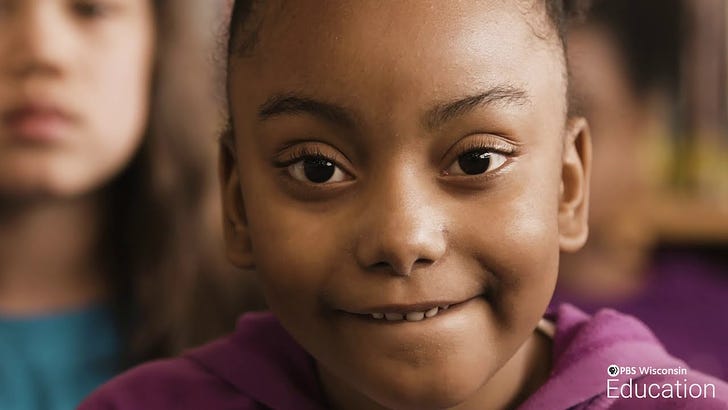A curriculum of kindness
Today I’m revisiting the work of a few organizations I deeply admire and appreciate.
I started this current thought expedition with a consideration of resources on kindness and compassion—in particular, UW-Madison’s Center for Healthy Minds Kindness Curriculum for preschoolers, and Emory University’s Center for Contemplative Science and Compassion-Based Ethics (CCSCBE) SEE Curriculum.
Here is a brief introduction to the Kindness Curriculum:
I think the biggest benefit is that it just becomes second nature so that when they are in a situation where they're stressed or scared or mad or sad, they have these tools that they've already practiced time and time and time again. Kids at every age want to do well and they want to feel loved and they want to show kindness and so when you can give them the words, you can give them the experiences, you can give them the safety, then it just becomes second nature for them to express it for each other. It's really, really beautiful.
—Marci Speich, Positive Behavior Support Coach
The curriculum offers 24 lessons organized around 8 themes:
Theme 1: Mindful bodies and planting seeds of kindness
Theme 2: I feel emotions on the inside
Theme 3: How I feel on the inside shows on the outside
Theme 4: Taking care of strong emotions on the inside and outside
Theme 5: Calming and working out problems
Theme 6: Gratitude
Theme 7: All people depend on each other and the Earth
Theme 8: Gratitude and caring for our world
The Kindness Curriculum is intended to be a jumping off point. Richard Davidson, founder of the Center for Healthy Minds, writes in the introduction, “Perhaps you’ll use the whole set of lessons or maybe you’ll draw from a few. We encourage you to test things out on your own and see these practices as a starting point and source of inspiration. One of the important learnings we have discovered is that it’s best if people who teach these practices already incorporate them into their own lives.”
I have followed Richie Davidson’s work for a number of years now—in particular, his research on the neuroscience of flourishing and well-being. In the early days of the pandemic, I downloaded the Healthy Minds Program App and worked my way through the program daily. I found it extremely supportive during a very challenging time. The program framework guides you through the “four pillars” of the Healthy Minds Program—Awareness, Insight, Connection, and Purpose. The app is a great way for parents and educators to support their own practice while working with the Kindness Curriculum with young children.
In this 13-minute video, Richie talks about “Well-Being as a Skill” at an event hosted by Dacher Keltner and the Greater Good Science Center. I recommend taking the 13 minutes. It’s very relevant.
You can create an account with the Center for Healthy Minds to download the Kindness Curriculum here.
I will visit the Emory University’s SEE Curriculum in a future post.
I’m keeping it simple today.
Thank you for reading The Interconnect. And if you enjoyed reading it, please forward it to someone else who would appreciate it, and encourage them to subscribe.
Take care. Be well.


